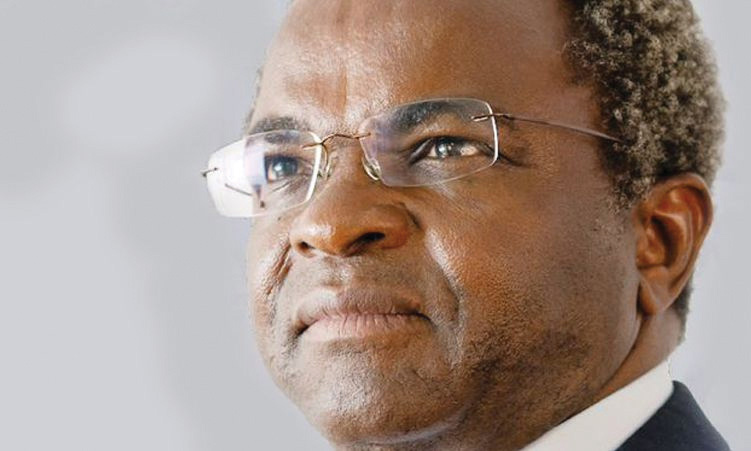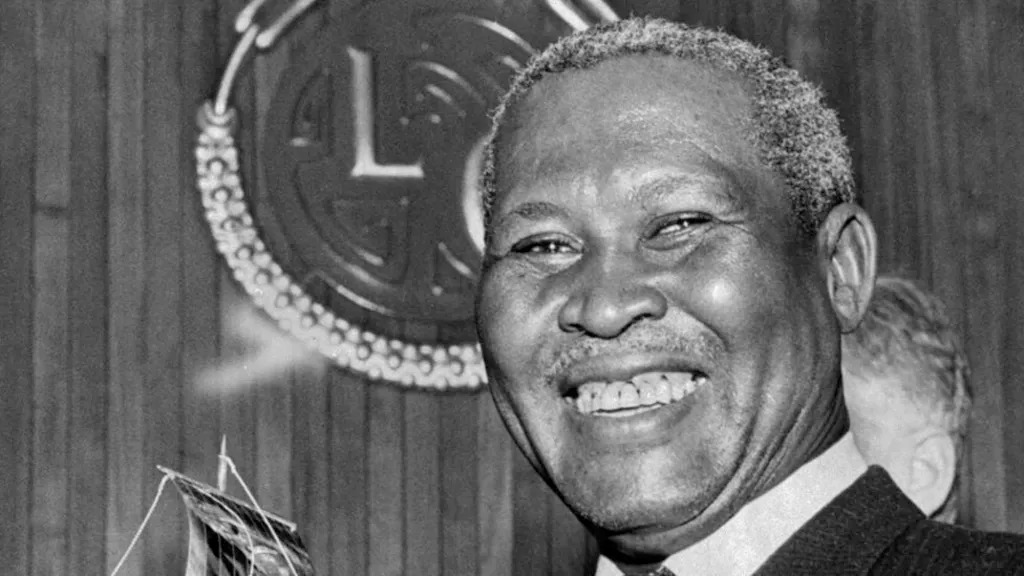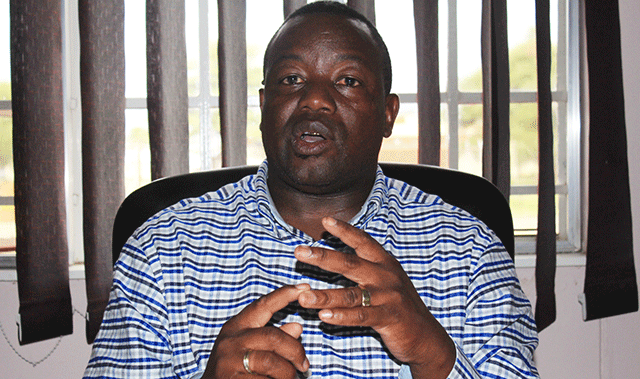Panduleni Itula’s newly appointed Independent Patriots for Change (IPC) shadow cabinet aims to hold the government accountable, but faces criticism over its structure and lack of parliamentary presence.
Party president Itula, however, says his shadow cabinet will keep the government accountable and offer alternative policy.
He says his shadow ministers will act as the eyes and ears of the party and the public.
The opposition leader yesterday appointed 14 shadow cabinet ministers and six deputy ministers.
While Itula himself leads the shadow ministers, the party’s national general secretary, Christine !Aochamus, was appointed as shadow prime minister, and will not be present in the parliament either.
Itula yesterday assured party members of parliament (MPs) they would not be recalled and would finish their five-year term.
He said the official office of the opposition leader is not constitutional and he will not be taking up such a role.
“This is the legal basis for why the leader of the IPC will not, neither the IPC, seek to violate the constitutional principles of rule of law,” he said.
National Council advocate Tousy Namiseb says there are no binding rules dictating that only those in parliament can be shadow ministers.
LEADING IN ABSENTIA
Meanwhile, analysts say Itula will struggle to lead the team if he is not present in the parliament.
Public policy commentator Rui Tyitende says Itula is “politically confused”.
He says a shadow cabinet is premised on the Westminster model, according to which the leader of the official opposition is accorded the title of ‘shadow prime minister’ without any executive powers.
“A shadow cabinet has no executive powers, but exists to challenge ministers in the National Assembly on policy matters pertaining to their respective portfolios,” he says. Tyitende expresses concern over the IPC not having a shadow cabinet prime minister in the National Assembly to question prime minister Elijah Ngurare.
“How exactly will this work? Via Facebook or WhatsApp?” he asks.
Tyitende says Itula’s move is “nothing but an attempt to control his MPs from the comfort of his house”.
Political analyst Henning Melber says shadow ministers are not assigned to play a special role in parliamentary debates.
‘TOO EARLY TO JUDGE’
“Since the IPC is for the first time represented by members of parliament, it also remains to be seen how much experience and competence the members of parliament bring along. It is too early to judge,” he says. Melber asks to what extent Itula, as leader of the official opposition but not an MP, can steer the official opposition’s ship in parliament when not physically present.
He foresees future conundrums for this reason.
Political commentator Ndumba Kamwanyah says these circumstances would make it difficult to challenge policies in the parliament.
“It is disadvantageous to the party given the top leadership (Itula and !Aochamus) is not in parliament to guide new MPs. They will have to find a working formula outside the party and in parliament if it is going to work,” he says.
Kamwanyah says there will be more awkward moments among IPC members in parliament, like last week due to not having someone to speak on behalf of the party in the parliament.
He says the job of a shadow minister is to counter the Swapo government’s policies.
United People’s Movement president Jan van Wyk has warned that the IPC will face challenges as long as it does not occupy the office of the opposition leader, and opposition parties are always divided.
“The opposition party needs to be in control, but without such control there will be chaos, and I do not have a good experience working with opposition parties.
“Imagine a party without a leader in parliament. It will not work out for them well,” he says.
Van Wyk says the only way the IPC could retain control is to ensure it is part of parliamentary standing committees.
Stay informed with The Namibian – your source for credible journalism. Get in-depth reporting and opinions for
only N$85 a month. Invest in journalism, invest in democracy –
Subscribe Now!










